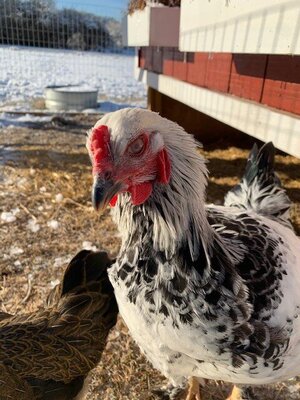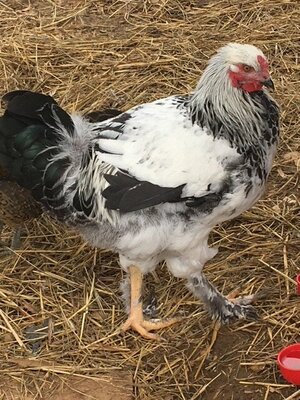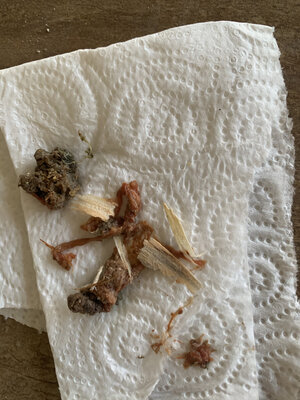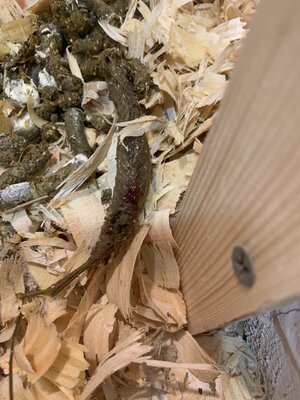Hi all,
I have an 18 week old Brahma that has been showing classic signs of Coccidiosis. Everyone else is eating, drinking and acting like normal chickens. I want to give her a direct dose of Corid and continue to include it in the water for the rest of the flock. Have any of you given a direct dose and if so, how much?
I have an 18 week old Brahma that has been showing classic signs of Coccidiosis. Everyone else is eating, drinking and acting like normal chickens. I want to give her a direct dose of Corid and continue to include it in the water for the rest of the flock. Have any of you given a direct dose and if so, how much?









